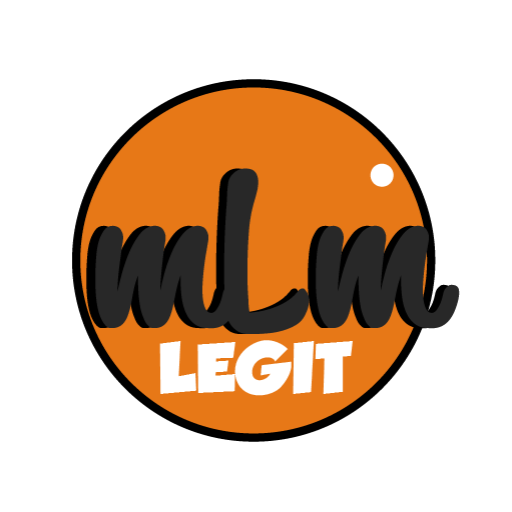Table of Contents

The Nigeria Securities and Exchange Commission SEC, the country’s financial watchdog, published a press release over the weekend outlining the current situation of the crypto industry in the country. The news release included the adoption of new crypto policies.
A portion of the statement disclosed that the financial regulator is able to and will begin conducting supervision tasks over the cryptocurrency space given that the cryptocurrency space falls under its horizon on the basis of the definition of digital assets.
The Securities and Exchange Commission of Nigeria has issued new policies regarding the regulation and use of cryptocurrencies.
The Securities and Exchange Commission of Nigeria defines a cryptocurrency as “a digital token that the holder might use to designate an equity or a debt instrument.” It has also issued new rules to explain crypto offers, token issuances, and custodial platforms by the Financial Conduct Authority.
The Securities and Exchange Commission (SEC) reaffirmed that the new regulations will be “binding on all issuers who use crypto offerings to obtain funds for their ventures.” Additionally, the SEC has indicated that cryptocurrency exchanges are now required to seek operational licenses from the agency, which they can do so here. Before the exchanges can be granted permission to conduct business, they will need to demonstrate that they are prepared to comply by a set of conditions.
For example, they are required to have a plan for managing risks and disasters, all of their customers are required to comply with the KYC policy, and the exchanges are required to publish full details of any virtual assets that are listed on their platform.
ALSO READ Is LUNA Foundation Currently Offering Purchased Bitcoin At A Discount?
Bitcoins Market Reviews: Is Bitcoins Business Scam or Legit?
Is LUNA Foundation Currently Offering Purchased Bitcoin At A Discount?
In addition, the exchanges are required to provide the SEC with information regarding their security infrastructures, such as the specifics of their escrow arrangements with their custodians, as well as the technical support and other security frameworks that they have implemented.
In addition to this, the SEC ruled that no Nigerian cryptocurrency exchange may engage in the issuance or transfer of digital assets unless it first has all of the necessary licenses and authorization. A portion of the 54-page report stipulates that all exchanges must have a fidelity bond of at least 25 percent and at least 500,000 naira (about $1,204) in paid-up capital. This requirement is effective immediately.
What’s your reaction?
Love0
Sad0
Happy0
Sleepy0
Angry0
Dead0
Wink0
Leave a Reply
You must be logged in to post a comment.









 Bitcoin
Bitcoin  Ethereum
Ethereum  XRP
XRP  Tether
Tether  Solana
Solana  Dogecoin
Dogecoin  USDC
USDC  Cardano
Cardano  Lido Staked Ether
Lido Staked Ether  TRON
TRON  Chainlink
Chainlink  Avalanche
Avalanche  Sui
Sui  Wrapped stETH
Wrapped stETH  Wrapped Bitcoin
Wrapped Bitcoin  Stellar
Stellar  Toncoin
Toncoin  Hedera
Hedera  Shiba Inu
Shiba Inu  Polkadot
Polkadot  WETH
WETH  LEO Token
LEO Token  Bitcoin Cash
Bitcoin Cash  Litecoin
Litecoin  Hyperliquid
Hyperliquid  Official Trump
Official Trump  Bitget Token
Bitget Token  Uniswap
Uniswap  Pepe
Pepe  Wrapped eETH
Wrapped eETH  USDS
USDS  NEAR Protocol
NEAR Protocol  Ethena USDe
Ethena USDe  Aave
Aave  Aptos
Aptos  Internet Computer
Internet Computer  Ondo
Ondo  WhiteBIT Coin
WhiteBIT Coin  Monero
Monero  Ethereum Classic
Ethereum Classic  Cronos
Cronos  POL (ex-MATIC)
POL (ex-MATIC)  Mantle
Mantle  Render
Render  Dai
Dai  Bittensor
Bittensor  Algorand
Algorand  Artificial Superintelligence Alliance
Artificial Superintelligence Alliance 
Leave a Reply